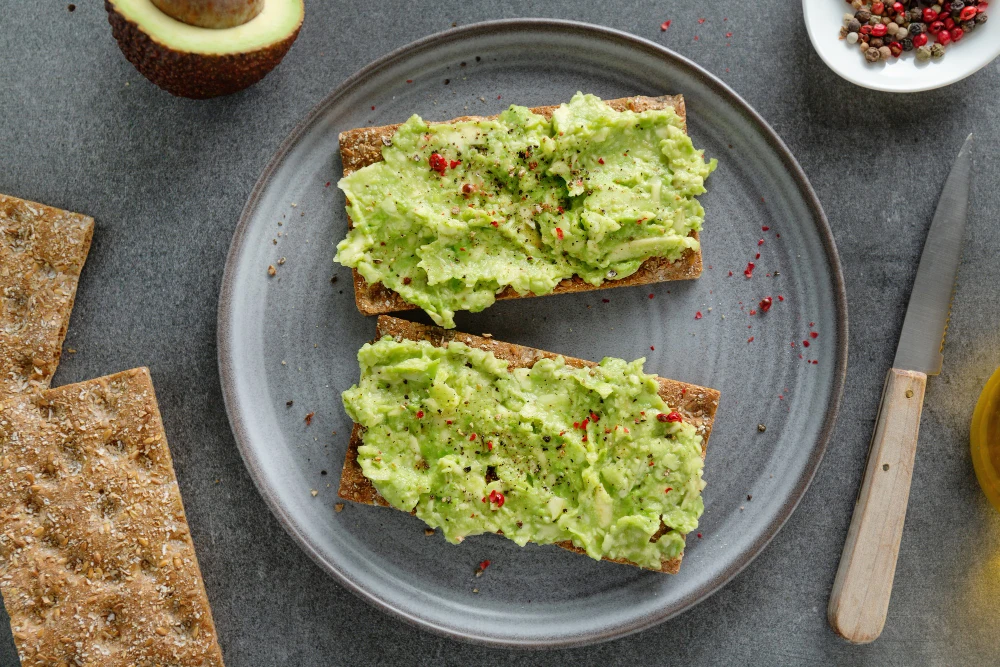In the heart of every home lies the kitchen, where culinary masterpieces are born, and memories simmer alongside the savory scents of home-cooked meals. However, amidst the clatter of pots and pans, a significant ecological footprint often lurks. As the world increasingly embraces sustainability as a necessity rather than a mere trend, transforming your kitchen into an eco-friendly oasis is both a responsibility and an opportunity to contribute positively to the planet. Join us on a journey through the realms of eco-friendly kitchen design, where style meets environmental stewardship in perfect harmony.
Understanding Sustainable Kitchen Design Philosophy
At the core of sustainable kitchen design lies the ethos of minimal environmental impact. This guiding principle directs us to choose materials and appliances that minimize waste, conserve energy, and foster a healthier living environment for all. Here’s a closer look at the fundamental elements that constitute an eco-conscious kitchen:
Essential Components of an Eco-Friendly Kitchen:
– Materials: When selecting materials for your kitchen, prioritize those that are renewable or recycled. Embrace the elegance of bamboo cabinetry, the rustic charm of reclaimed wood countertops, or the sleek sophistication of recycled glass or metal accents.
– Appliances: Energy efficiency is paramount. Seek out appliances adorned with the Energy Star label, ensuring that your refrigerator, dishwasher, and oven meet stringent energy-saving standards without sacrificing functionality.
– Lighting: Illuminate your eco-friendly haven with the brilliance of LED lighting. These bulbs not only endure longer but also consume significantly less energy than traditional incandescent counterparts, illuminating your kitchen with eco-conscious radiance.
Designing for Efficiency and Sustainability
Efficiency lies at the heart of sustainability. Crafting an eco-friendly kitchen involves meticulous planning and thoughtful design considerations aimed at optimizing energy usage and minimizing waste:
– Layout: Embrace the concept of the ‘kitchen triangle’ to streamline workflow and minimize unnecessary movement. Strategically positioning your refrigerator, sink, and stove fosters a fluid culinary dance while conserving energy.
– Ventilation: Prioritize indoor air quality with robust ventilation solutions. Invest in a range hood that efficiently eliminates pollutants, and consider integrating windows or skylights to invite refreshing natural breezes into your culinary sanctuary.
Selecting Materials with Mother Nature in Mind
The materials adorning your kitchen surfaces tell a story of sustainability and stewardship. Elevate your eco-conscious ethos with these environmentally-friendly options:
– Countertops: Opt for the enduring allure of quartz, a durable and non-porous material that epitomizes sustainable elegance. Alternatively, explore the artistic allure of recycled glass or paper composite countertops for a distinctive touch.
– Cabinetry: Choose cabinets crafted from FSC-certified wood or bamboo, sourced from responsibly managed forests and perpetuating the cycle of renewal.
– Flooring: Tread lightly upon the earth with sustainable flooring options such as cork or linoleum, both durable and comfortable underfoot, yet gentle on the environment.
Harnessing the Power of Energy-Saving Appliances
Embark on a journey towards energy efficiency with thoughtfully selected appliances that not only enhance your culinary prowess but also shrink your carbon footprint:
– Refrigerators: Embrace the efficiency of modern refrigeration technology, opting for models equipped with top-mounted freezers to curtail energy consumption and minimize utility costs.
– Dishwashers: Navigate the waves of sustainability with eco-friendly dishwasher cycles that conserve water and energy, augmented by intuitive sensors that tailor each cycle to the cleanliness of your load.
– Ovens and Stoves: Ignite culinary creativity with induction cooktops, renowned for their unrivaled energy efficiency, hastening meal preparation while minimizing wasted energy.
The Benefits of an Eco-Friendly Kitchen
Reduced Utility Bills: By incorporating energy-efficient appliances and lighting solutions, homeowners can enjoy substantial savings on their monthly utility bills, making eco-friendly upgrades a wise investment in long-term financial sustainability.
Healthier Living Space: Choose eco-friendly materials and finishes to create a healthier indoor environment, free from harmful chemicals and toxins commonly found in conventional kitchen products, thus promoting improved indoor air quality and overall well-being for residents.
Increased Home Value: Sustainable features are increasingly sought after by environmentally conscious homebuyers, enhancing the market appeal and resale value of properties equipped with eco-friendly kitchens, thus offering a competitive edge in the real estate market.
The Future of Eco-Friendly Kitchens
In envisioning the future of eco-friendly kitchens, it’s clear that sustainability will be at the forefront of innovation and design. With an increasing awareness of environmental issues, consumers are demanding more eco-conscious solutions for their homes. Manufacturers are responding to this demand by developing cutting-edge technologies and materials that prioritize sustainability without sacrificing style or performance.
From advanced recycling processes that transform waste into durable kitchen components to intelligent appliances that optimize energy usage based on real-time data, the possibilities for eco-friendly kitchens are endless. Modular kitchen systems made from renewable resources, such as bamboo and reclaimed wood, are becoming increasingly popular, offering both versatility and environmental benefits.
Moreover, as renewable energy sources continue to gain traction, we can expect to see a rise in kitchens equipped with solar panels and energy storage systems, further reducing reliance on traditional energy sources. Smart technologies, such as sensor-based lighting and automated energy management systems, will also play a crucial role in optimizing energy efficiency and reducing waste.
In essence, the future of eco-friendly kitchens is not only promising but essential in our collective efforts to mitigate climate change and preserve our planet for future generations. By embracing sustainable practices and investing in eco-friendly solutions, homeowners can not only reduce their environmental footprint but also create healthier and more enjoyable living spaces. As we continue to innovate and evolve, eco-friendly kitchens will undoubtedly become the standard rather than the exception, shaping the way we live and interact with our homes for years to come.
In conclusion:
By integrating mindful choices into every aspect of kitchen design—from selecting eco-friendly materials and energy-saving appliances to embracing technological advancements—we pave the way for a greener tomorrow. Let us embark on this journey together, transforming our kitchens into beacons of sustainability, where each meal cooked serves as a testament to our commitment to the planet and its inhabitants. For within the heart of every home lies the promise of a brighter, more sustainable future.




